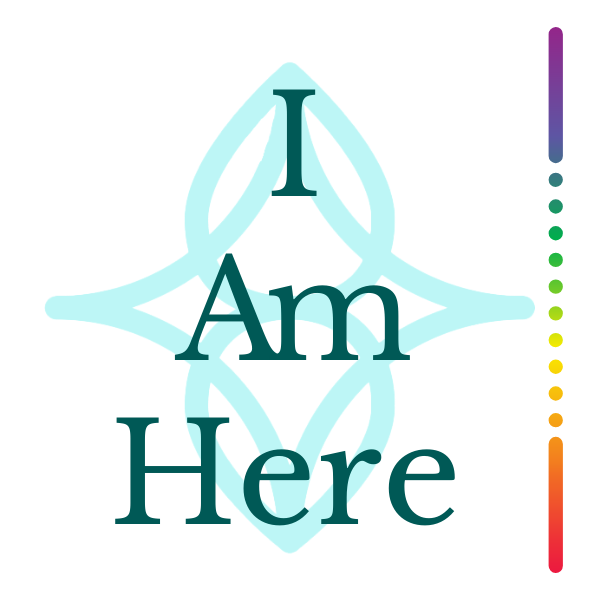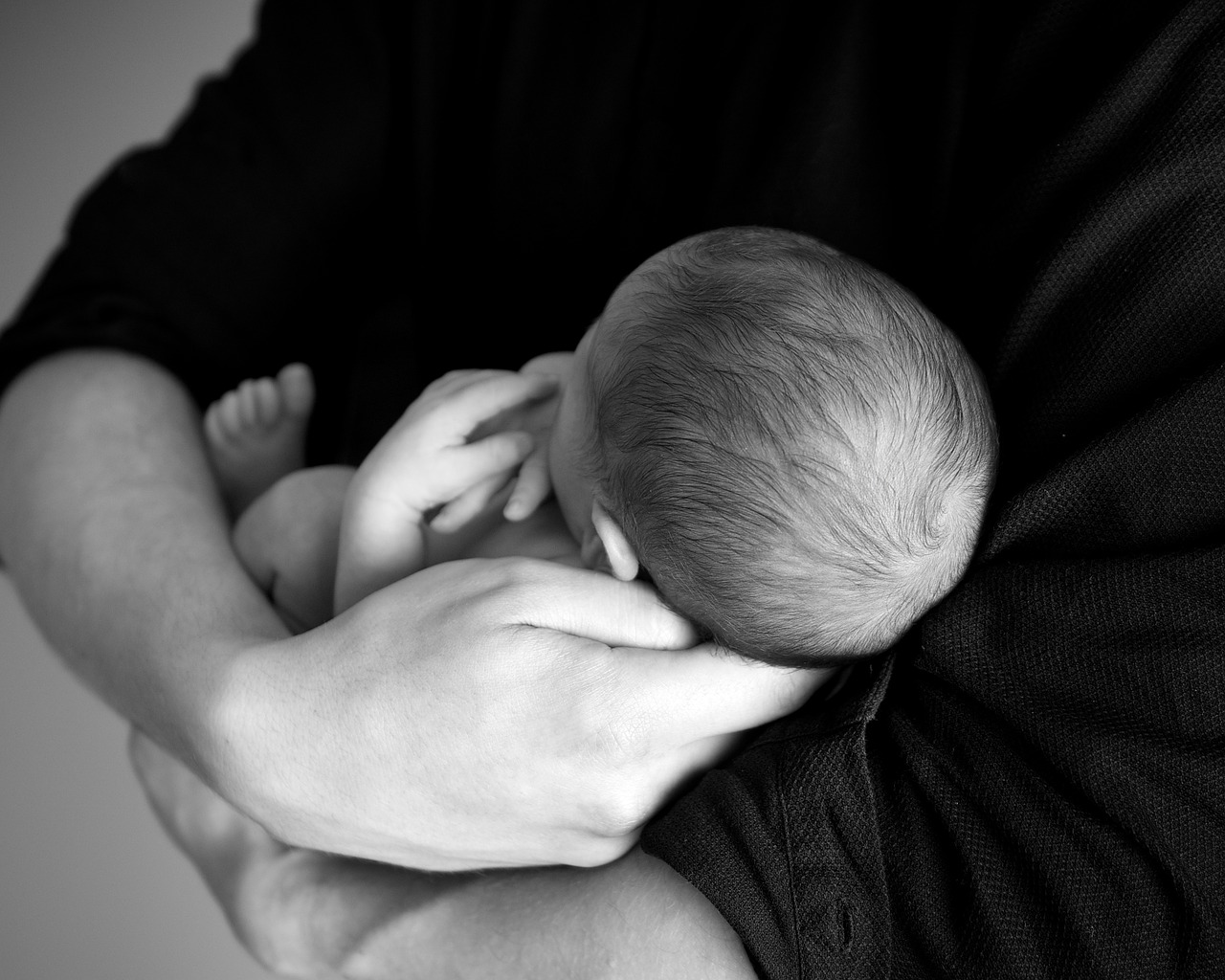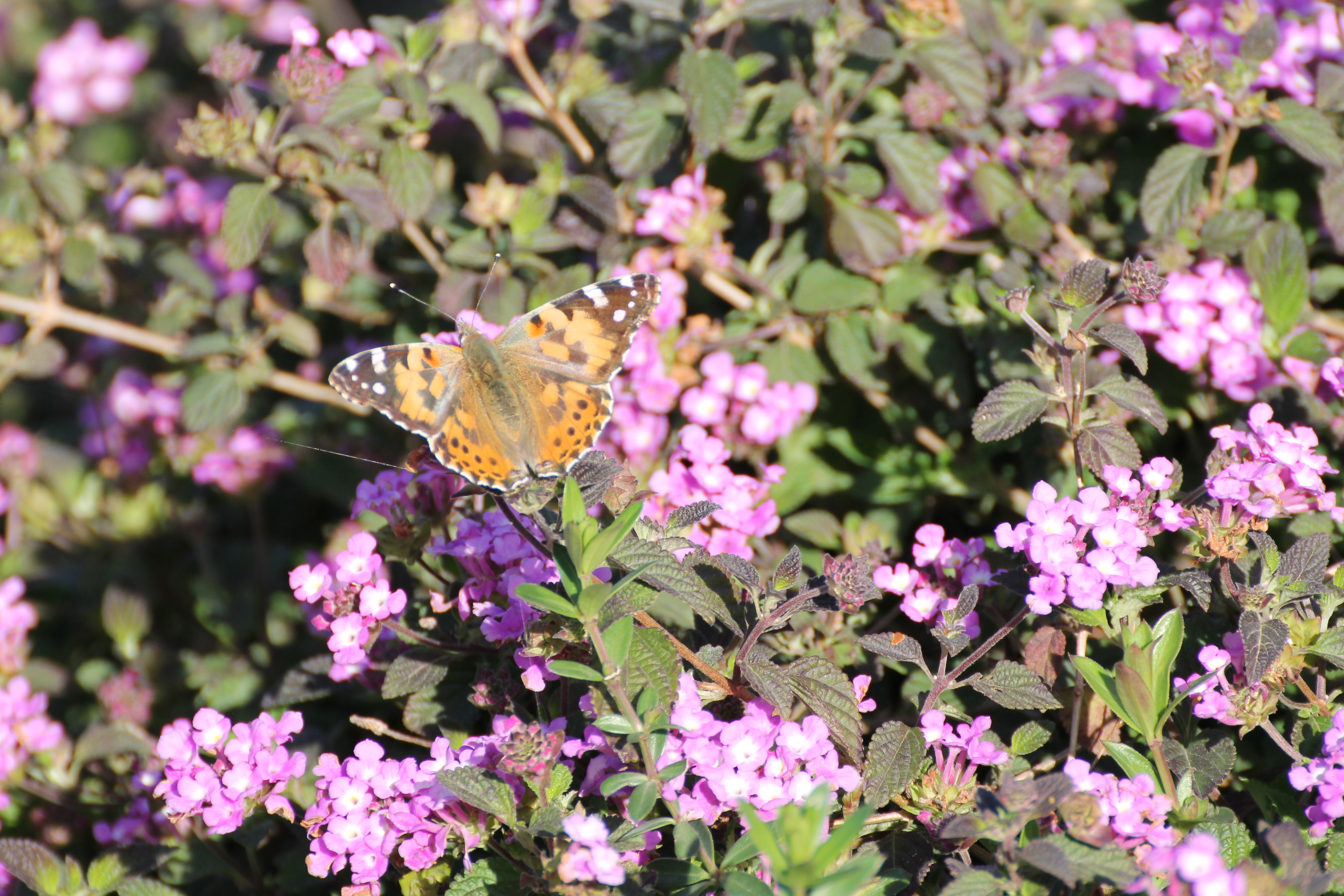“I don’t want to be here.” “I don’t belong here.” “Nobody cares.” “I have to do it alone.” “Someone wants to kill me.” “I’m not OK.”
This is not the voice of the newly arrived refugee: it is the undercurrent of our own minds – those repeating sentences back-stage that give mental voice to hidden insecurity. Disconnected from each other, sometimes strangers in a social game, suspicious of the planet and despairing of the threat of loss, no-one is exempt from the living, felt sense of the refugee within – no matter how high we build our walls.
Forsaken, abandoned, unnoticed, undefended, betrayed, alone. The shuddering horror of an unfathomable despair lurks in our midst – an existential angst – armoured only with the willpower that plates vulnerability with the impression of being socially legitimate.
Wherever we go, it follows us, this fear of that which must never become manifest in our lives. From our parents home, to the open field, from the office to the marital bed, from the cathedrals of consumerism we call shopping malls to that thud in the middle night that wakes us up in naked shock at being alive.
For a while, we manage to ignore and distract our attention from this inner void. We take that sense of condemnation and we throw it out at “the world” in the form of accusation. The world is bad, Trump is evil. It’s because of Brexit. It’s the refugees. They are destroying ‘our world’.
We take our anxiety and we blame the coldness of the country, the abuse of institutions, the violence of government.
We take our anger and we root it in the ‘other’ – it’s because of the other sex, because of our parents, because of the neighbor. Because, because, because – we constantly give authority to the projected enemy as the cause of our experience and in this, we woefully dis-empower ourselves.
We take our shame and we experience disgust: disgust at the world, disgust at the working classes, disgust at terrorism, disgust at the pimps and whores, disgust at the refugees.
We take our inner sense of dispossession – that haunting zone of abandonment – and we deposit it in the heart of the refugee. Let them deal with that one. Let them carry that smell, but far away from our sweet perfume.
Yet the more we refuse to suffer the affliction running through our bodies, hearts and minds, the more we become displaced, dispossessed and disinherited of the living vitality that is our birthright as authentic expressions of life itself. We give it away to the other, and mask a form of conformity, hopelessly trying to avoid the smoke of the traumatic split within – the split in which we conceived of ourselves as separate, alone, in a duality of self V world.
In time, we lose connection the flow of our own inner feelings; our thoughts become internally censored, and our body becomes awkward in its expression – subject to impotent attempts at mind-control. We become refugees from ourselves, in the deepest sense of the word.
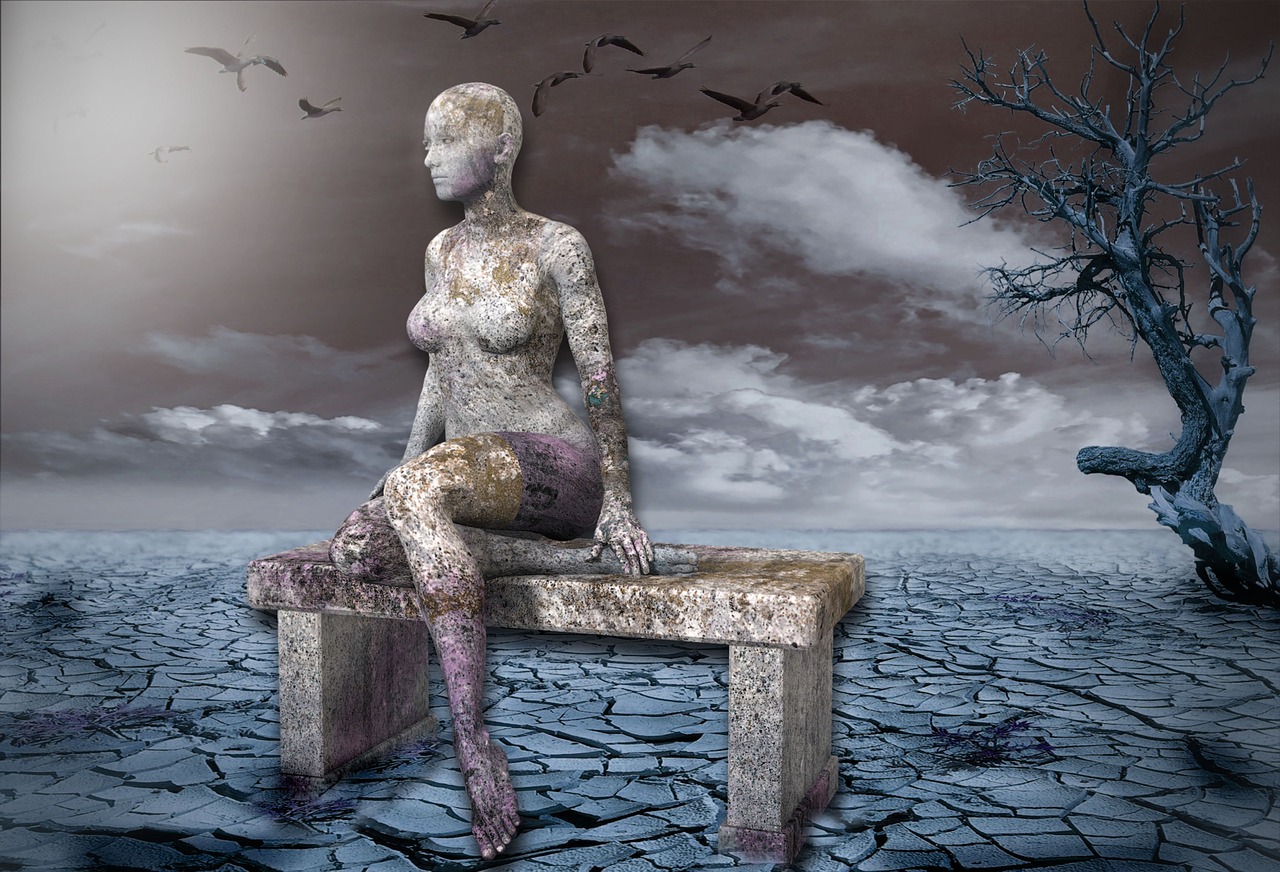
Enter: the Refugee
At this moment, 20 million men, women and children are officially registered as refugees by the UNHCR. These are not migrants seeking a tastier quality of life, but refugee families who have been thrown without choice from their homes, under threat of death. It’s a number which is on the rise, and the tsunami of humans flooding the borders of privilege is not going to retreat any time soon.
This is a historic moment of confrontation with trauma, and a spiritual opportunity to open to the refugee inside ourselves. Because if we don’t allow that inner trauma of not belonging, that sense of abandonment, poverty consciousness, grief, loss, anger and fear, then we will perpetuate it on the outside – spreading it even to our children.
Let this be clear: no amount of regulation of the outer refugee will heal the refugee within our own minds, hearts and bodies. This is a field of experience which is alive in the somatic layer of every one of us.
Trauma has a resonance, such that when we inhale the smoke of trauma, the shields around our own inner void are activated. All those rejected bits of experience – not just from our own lives, but also those genetically encoded in us through our ancestors – begin to vibrate, awakening through sheer attraction. This is mentioned by Eckhart Tolle when he talks about the infectious nature of the pain body; and it is easily recognizable in our own lives.
When someone comes towards us with a lot of anger, outrage and pain, there is a high chance it awakens within us the same experiential memory which we identify with our own lives. We do this, to try to contain the energy of pain that awakens within us.
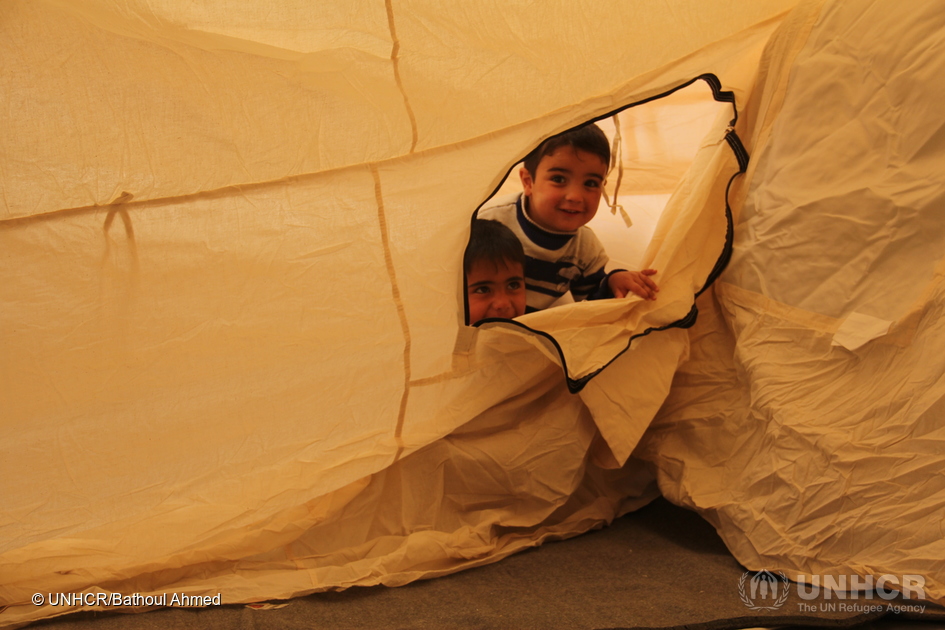
Two young Iraqi boys, their family displaced by the fighting in Mosul, peek out through the zipper of their tent at Hasansham camp, as UNHCR delivers cold weather supplies, including warm blankets and stoves.
© UNHCR/Photographer
Impermanence & Loss
Those who have allowed the identity of separate person-hood to fall into that ‘black hole’ of bottomless surrender (so easily identified with trauma), have risen again with the wisdom of impermanence. This is the embodied, resonating message of every refugee. Our identity, status, physical home, belongings, community, nationality and religious or cultural context can be lost, by outer events, from one year to the next. All will come to pass – just as all is in flux, moment by moment. The very foundations of our world can be easily blown out, leaving us still alive, still here as a perceiving entity, clutching perhaps at the remnants of self, but robbed of connection either to the place or the community around.
Most of us are second generation children of two world wars, which were separated by a period of intense poverty and global depression. The experience or threat of dispossession and/or death, loss of position, status and access to basic needs is encoded as traumatic memory at the somatic layers of our psychology. Some of us are programmed to avoid it all costs, while others are set up with a resilience that intuitively knows exactly what’s needed when it all goes wild. Yet regardless of our choices, whether they be exclusive or inclusive, this trauma is surfacing now among us – in a very literal sense.
Deracination
Deracination is the experience of being uprooted, disconnected from the planet, nature and the earth, and as a consequence, disconnected from each other. Through gaining a right to exist through the socio-cultural configurations of belonging/not belonging, or superior/inferior, or even through the belief that wealth determines the value of the person, we become divided from the deeper existential security that comes with true connection with the earth as human beings.
This connection doesn’t need borders of nations to feel safe. It doesn’t require social affirmation to feel acceptable. It doesn’t need permission to be free. It is this fundamental connection to the planet that drives the feet of the refugees across the globe – trusting this fundamental human companionship in the inheritance of the earth. Unfortunately, the response they meet is dramatically polarized between those that feel that unquestionable right to exist, and those that still believe it is something to be dictated from some man-made authority.
Equality
Yasmin was a refugee from Persia as a teenager, but has been a fully integrated Dutch citizen for several decades. She is married to a Dutch man and has two children. With the recent refugee crisis, she was eager to offer her skills as a therapist and manager to be of service to those who are now in newly arriving in the midst of that horror. One afternoon, in conversation with her Dutch co-workers, she was existentially shocked when one of her colleagues told her with a voice of reassurance: “Well, I see you as an equal.”
Equality, like democracy is a word that is easily bartered, abused and sold but very rarely felt. Yet there are enough of us that have practiced for years the simple and unthreatening movement of imagining ourselves in the shoes of ‘the other’. This is the opening of the window of compassion, which is the most healing movement possible when confronted with the trauma – with its constellations of anger, fear, despair, guilt and shame. It is effective as just the willingness to imagine the perspective of the other, breaks open the lock-down of the separate self, connecting us to the whole and the whole to us, and dismantling the insane illusion of separation under which we collectively suffer.
This is the psycho-spiritual, human challenge of these times. It’s not a political request to open the borders, nor does it say that slamming them shut is going to solve anything in the long-term. Rather, it’s an invitation to stay open to the experience of the ‘other’ regardless of our individual or collective decisions. In this, we protect our humanity, which in these times is most under threat. In this, we welcome home the inner refugee, to hear her stories and to hold her close as a child of the universe. In this we heal ourselves, which is a direct way to be of service to the whole.
